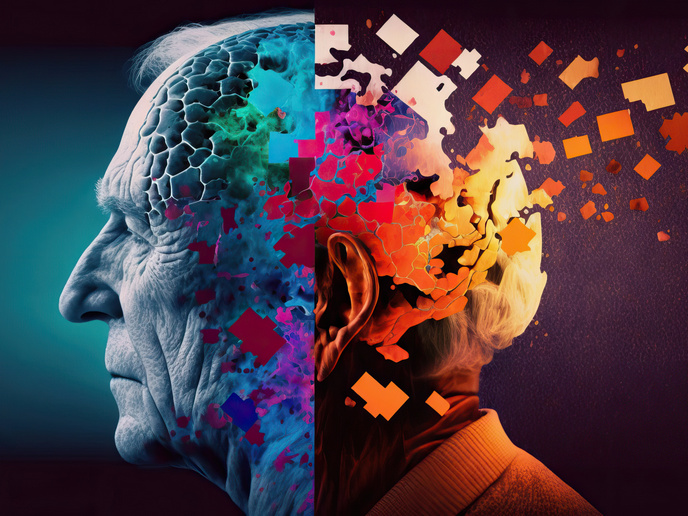Tech approach puts dementia patients’ needs first
Alzheimer’s disease is a progressive condition that affects memory and other important mental functions. It is the most common type of dementia, and is typically associated with ageing. “One of the main reasons for the large increase in cases of Alzheimer’s disease is the fact that societies are growing older,” explains DISTINCT(opens in new window) project coordinator Martin Orrell from the University of Nottingham(opens in new window) in the United Kingdom. “There is still no cure, and we don’t have a good understanding of what causes it.” We know however that exercise and good diet can make a difference. Keeping the growing number of Alzheimer’s disease patients active, and being able to take into account their specific needs, could therefore have a hugely positive societal impact.
Monitoring and evaluating existing technologies
The DISTINCT project, which was supported by the Marie Skłodowska-Curie Actions(opens in new window) programme, sought to identify technological approaches and solutions that could support this objective. To achieve this, the project brought together 15 PhD students from across Europe, to look at innovations and approaches that could benefit patients, carers and society as a whole. “In part, this involved monitoring and evaluating already existing tech,” says Orrell. “Lots of gadgets for example have been developed, but perhaps not specifically for dementia, or with a really good understanding of patient needs.” A key goal of the project was therefore to find ways of better connecting patient and carer needs with innovative technological approaches. The idea was that this would then feed into the development of international guidelines, to be used by clinical staff, healthcare workers and technology experts in the future.
Holistic training for researchers
The researchers focused on a range of issues(opens in new window), including technologies to improve social participation, encourage communication and provide better support to carers and families. “One particular project looked at the acceptance and adoption of social robots(opens in new window),” notes Orrell. “Some of these robots come in the form of a seal, but we found that users preferred to have a robot in the shape of a normal pet, such as a cat or a dog. Patients didn’t regard them as robots, so much as something comforting, like a doll.” Another important element of the project was training. In addition to their research, all students attended a summer school programme, one of which was held at Maastricht University(opens in new window). “This was not just about understanding and using technology,” adds Orrell. “The course focused on things such as dementia care, research skills, working with carers and understanding the needs of industry. The idea was that these researchers would be equipped to continue their careers in academia, industry, clinical care or the NGO sector.”
Best practice guidance for dementia care
The development of best practice guidance(opens in new window) has been a key success of DISTINCT. The guidelines help to explain what makes certain technologies useful in the context of patient care and which approaches are most effective, and identifies some of the key barriers and facilitators regarding innovation in the field. The guidelines are targeted at policymakers, medical staff and patients. “Things such as pendant alarms can be demeaning,” remarks Orrell. “They send out a signal that the wearer can’t manage on their own. Patients would prefer to wear a smartwatch, or something that is modern and non-stigmatising.” Similarly, patients preferred non-obtrusive means of monitoring over surveillance cameras. “The message is we need to build relationships and rapport,” says Orrell. “The answer is not just about providing a bit of kit.”







